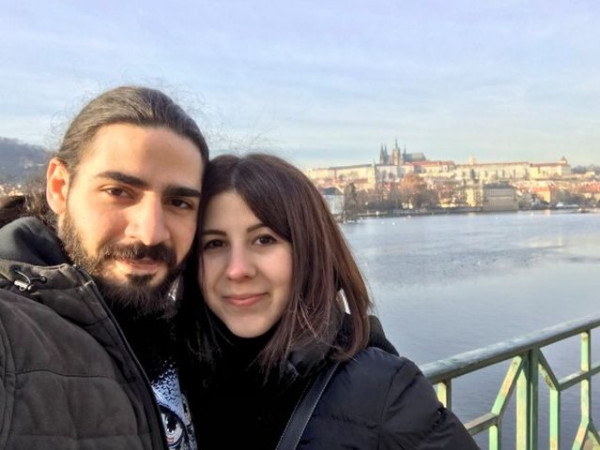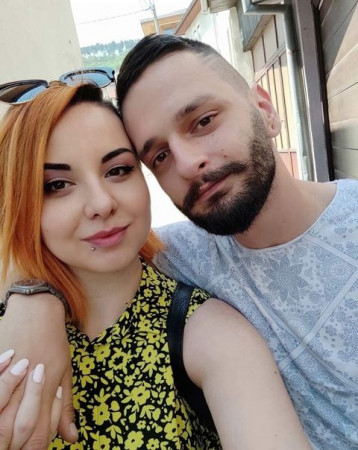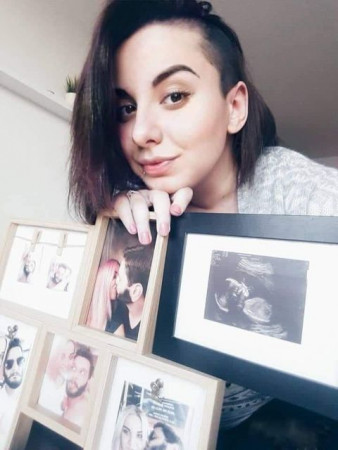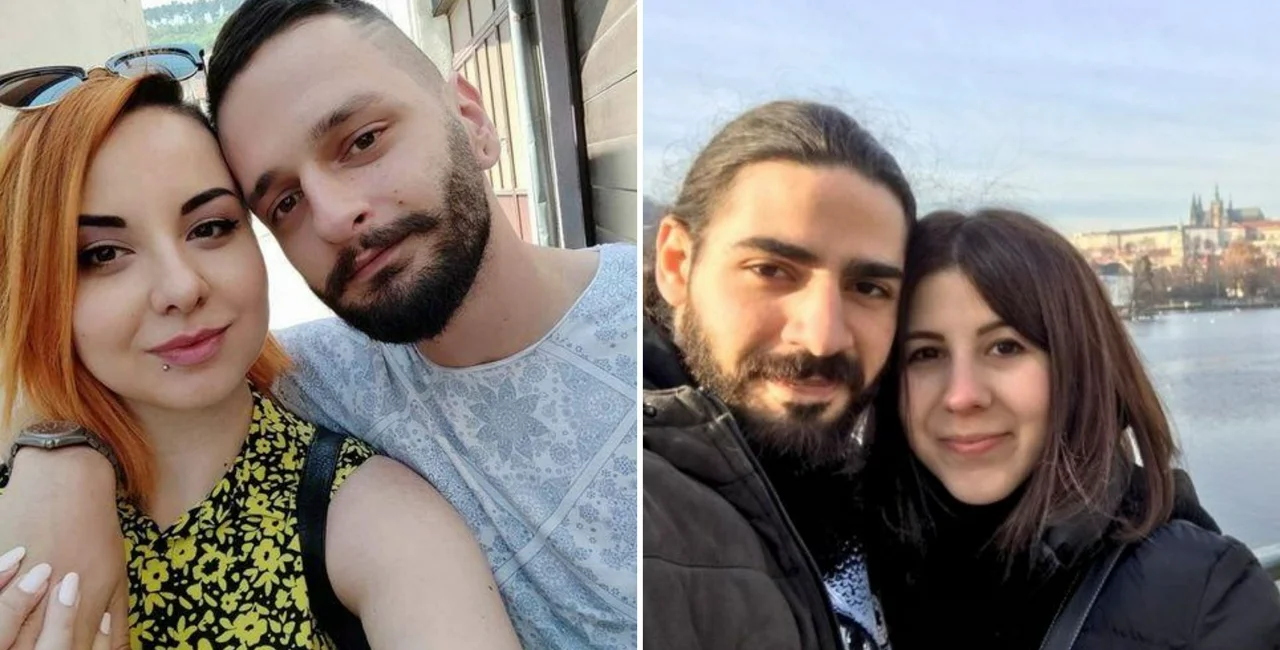Prague resident Ioanna and her partner Karim had it planned out for months.
The pair had been dating long-distance for just about a year, and Karim would move from his home country of Jordan to Prague in April 2020. But their plans to finally live together were put on hold when the European Union closed its borders in March due to the coronavirus pandemic.
“We were heartbroken that our plan was ruined, but at that moment, we didn’t know that this would last for so long,” Ioanna told Expats.cz in an interview over messenger. The couple has communicated by video chatting several times a day; the pair even watches Netflix shows together over calls. The pair held out hope, and when the Czech Republic announced a process for couples to reunite in August, they felt initially hopeful.
Until they started going through the requirements and reality hit them: the reunification process would not apply to them. Ioanna is not a Czech citizen, as stated in the requirements, but she is a EU citizen, and as a Jordan national, Karim would need a visa to enter the country. The couple does not have a shared bank account or children together. It’s one of several reasons the pair can’t reunite — yet.
“I was shocked that they discriminated like this,” Ioanna wrote. “The fundamental principle of the EU is the equality of rights between EU citizens; I really couldn’t believe how unfair it was. After it was announced, my mental health started to decline rapidly and I was crying almost every day.”

Ioanna is one of hundreds of Czech and European residents in a binational relationship affected by the ongoing restrictions on travel. The Czech Republic is one of ten countries in the European Union that now allows long-distance, unmarried couples to reunite with their Czech partner in the country. However, the contingencies for reunification have left many couples stranded by red tape: coupled must fill out a solemn declaration of their relationship and provide supporting documents like a joint bank account, a joint lease, or a birth certificate for a child.
Many couples that Expats.cz spoke with expressed their disappointment with the strict requirements set forward. The border closures and requirements have left many stranded, like Nadina Jabucar. Nadina was eight months pregnant when the Czech Republic closed its borders in March due to the coronavirus pandemic.
Her then-fiance, Mirza Perenda, was in Bosnia and Herzegovina at the time. The couple, both Bosnian nationals, had been in a long-distance relationship for just about a year at the time as Mirza tried to find a job in the Czech Republic to join his fiance in the country.
The borders closing meant she would have to deliver the baby alone, without her future husband by her side.

“I was heartbroken,” Nadina told Expats.cz over messenger. A close group of friends and colleagues were by her side when she delivered the baby, including the Bosnian Ambassador, Her Excellency Mrs. Martina Mlinarevic Sopta.
“They were all taking care of me when I delivered the baby, but I needed 24-hour help and it was quite difficult and exhausting for working people to manage it all,” Nadina explained. “At the time, I was thinking [the border] should open soon, but my heart sank every time the closure was prolonged.”
Nadina said it felt unfair to her that EU citizens were allowed to move freely once the borders reopened, but non-EU citizens still struggled. She wished the country would at least allow non-EU citizens to travel between countries in serious cases like her own.
“I was also disappointed, as I felt that non-EU citizens from European countries are literally punished, even though at that time Bosnia and Herzegovina had a successful rate of dealing with pandemic,” Nadina told Expats.
Following the birth of her child, Nadina struggled with postpartum depression and anxiety. The Embassy of Bosnia and Herzegovina in Prague made an official appeal for her then-fiance or mother to be let into the country after she had been diagnosed with postpartum depression.

The Brno resident said she didn’t know when she would be able to see her fiance, and when her child would finally be able to meet her father. To make matters worse, because Mirza was not in the country to sign the child’s birth certificate, the baby only had one legal parent. There was no legal proof that Mirza was a part of their lives.
Due to technicalities with the mail and legal regulations, the baby could not get her Bosnian documentation without physically being in Bosnia. Nadina left Brno and returned to Sarajevo, where she is currently waiting on her child’s paperwork and any chance the trio could return to Brno as a family — and put Mirza’s name on their child’s birth certificate, at last.
“I wish that my family would be able to cross to the Czech Republic together and not be separated just because we do not fit into some frame,” Nadina said. “We are humans and it is not humane not to be allowed to see your child, husband or wife nor to be ‘chased out’ of the country with a 28-day-old baby and a postpartum depression diagnosis, just because my life values less just because of my passport.”
Nadina continues to wait for further information for the Ministry of the Interior. Ioanna, on the other hand, contacted a lawyer that started working on their specific case. Their legal representation has told the couple that excluding EU citizens from the reunification process is a violation of EU law and they are in contact with the Ministry of the Interior to amend the process, which may come as soon as next month.
The Czech reunification process was inspired by Austria and Denmark, two EU countries that paved the way. Under the #LoveIsNotTourism hashtag, people have begun sharing their stories expressing their sadness, anxiety, and depression following months of separation from their loved ones. You can read more about the reunification policy right here.
Have you been separated by a loved one due to COVID-related travel restrictions? Tell us about it.












 Reading time: 5 minutes
Reading time: 5 minutes 



























